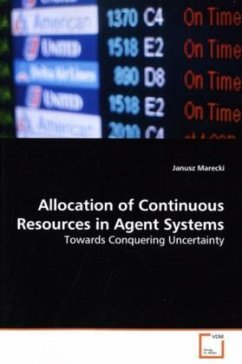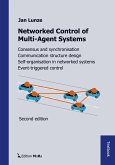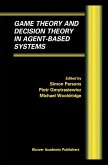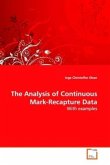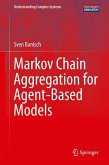This monograph concentrates on reasoning techniques for
intelligent, autonomous agent systems. In particular,
it focuses on
planning techniques for both single and multi-agent
systems acting
in uncertain domains. In modeling these domains, two
types of
uncertainty are considered: (i) the outcomes of agent
actions are
uncertain and (ii) the amount of resources consumed
by agent
actions is uncertain and only characterized by
continuous
probability density functions. For solving planning
problems
modeled in these domains the monograph proposes a
class of
efficient algorithms that provide guarantees on the
solution quality.
The experimental evaluation of the proposed
algorithms shows up
to three orders of magnitude speedups in solving
single agent
planning problems and up to one order of magnitude
speedup in
solving multi-agent planning problems. Additionally,
it is
demonstrated how the proposed algorithms allow for
more efficient
rescue operation in a large-scale disaster simulation.
intelligent, autonomous agent systems. In particular,
it focuses on
planning techniques for both single and multi-agent
systems acting
in uncertain domains. In modeling these domains, two
types of
uncertainty are considered: (i) the outcomes of agent
actions are
uncertain and (ii) the amount of resources consumed
by agent
actions is uncertain and only characterized by
continuous
probability density functions. For solving planning
problems
modeled in these domains the monograph proposes a
class of
efficient algorithms that provide guarantees on the
solution quality.
The experimental evaluation of the proposed
algorithms shows up
to three orders of magnitude speedups in solving
single agent
planning problems and up to one order of magnitude
speedup in
solving multi-agent planning problems. Additionally,
it is
demonstrated how the proposed algorithms allow for
more efficient
rescue operation in a large-scale disaster simulation.

